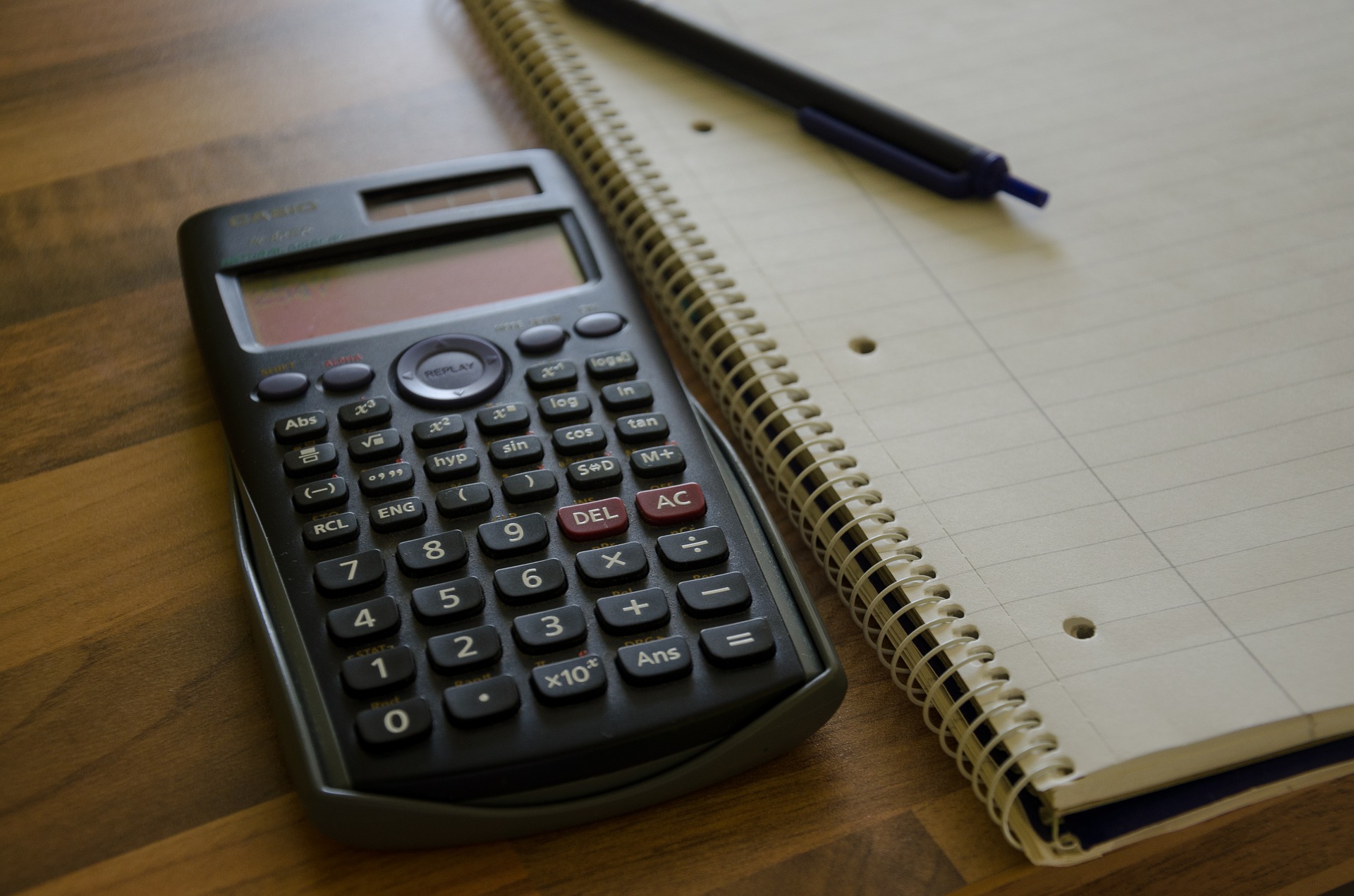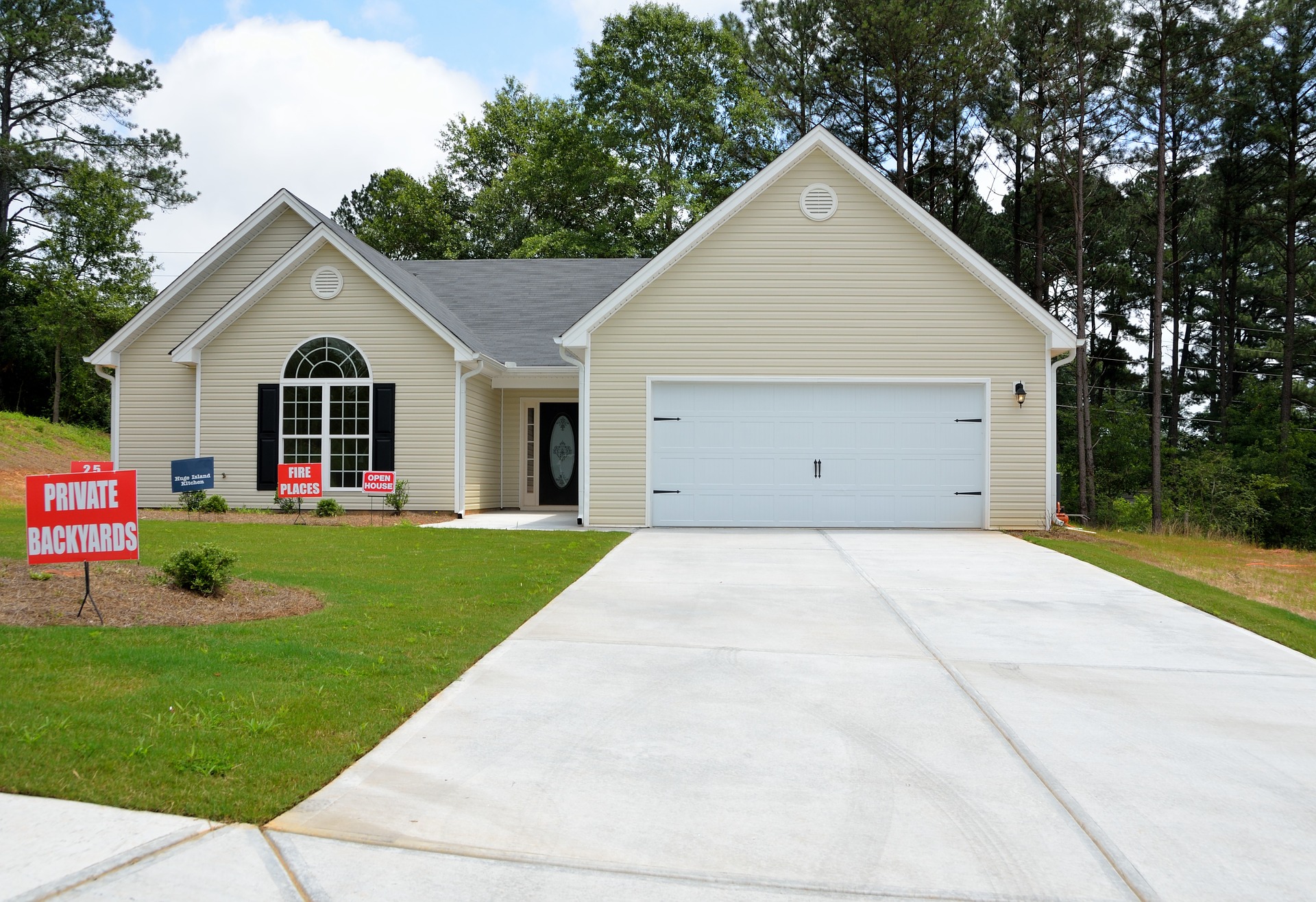While many people dream of becoming a new homeowner, buying a home is a huge decision that comes with a lot of preparation. In fact, it’s one of the biggest financial investments that you’ll make in your entire life. From inspections to plumbing to figuring out financing, it’s easy to get in over your head when starting the home buying process. If you’re thinking of looking at a house anytime soon, here are a few things that you should know before buying your first home.
Run a Credit Report
One of the first things that you should do before buying a home is to run a credit report. If you have items in collections, are behind on paying bills, or have a high debt-to-income ratio, it might be difficult for you to obtain a mortgage. By running a credit report, you can wrap up any unresolved issues and avoid surprise problems before booking an appointment for a mortgage approval. You’re also guaranteed a free credit report every year by federal law, which makes it very easy to get the correct information you need.
Determine What You Can Afford
Once your credit is in order, you’ll need to figure how much you can afford to spend on a home. By setting a budget, you’ll be able to know how much you’ll need to save for any down payment or closing costs. You don’t want to get your hopes up by looking at a dream home that is $250,000 only to find out that you can only afford one at $175,000. Try one of the numerous mortgage calculators available online to help you determine how much you can afford and how much you should save towards your down payment.

Save for a Down Payment and Closing Costs
When buying a home, it’s smart to save up money for the down payment and closing costs. While FHA loans only require a 3.5% down payment, many other mortgages can require up to 20%. Having that amount down will give you a better interest rate and will prevent you from having to pay Private Mortgage Insurance (an insurance premium that your lender requires you to pay that can cost up to $200 per month).
You’ll also want to to get an estimate on any closing costs that will be attached to a home. While many buyers will ask to get closing costs covered as part of the price negotiation, it’s not a guarantee, and you don’t want to lose out on the perfect home due to closing costs that you didn’t save for.
Determine Your Home’s Non-Negotiable’s
Compromise is part of the territory when shopping for a new home and you shouldn’t expect to find everything that you’re looking for when viewing a property. However, you don’t want to throw away everything that you want and compromise to the point of buyers remorse. Instead, make a list of absolute must-haves in a home, such as a number of bedrooms and bathrooms, and then share it with your realtor. You’ll feel much better looking at homes that you know have the bread and butter of what you need.

